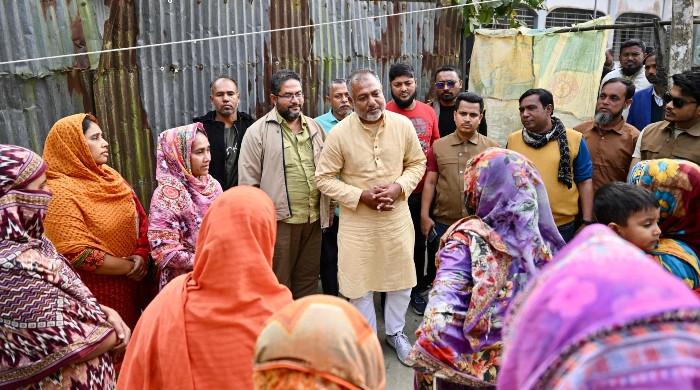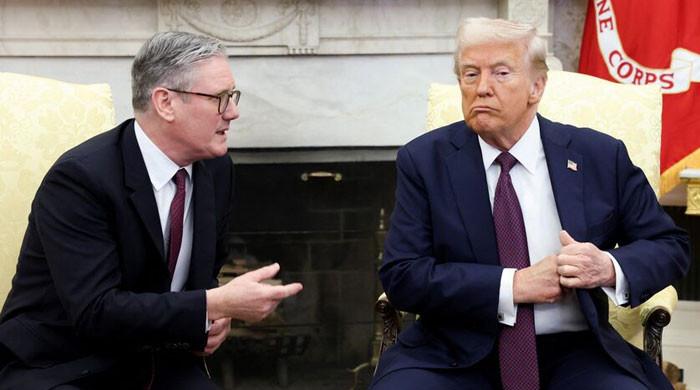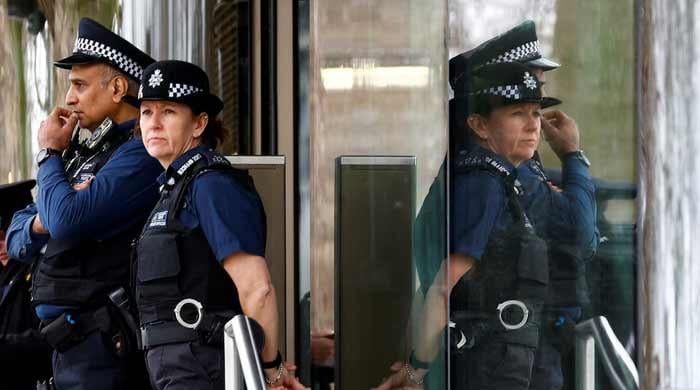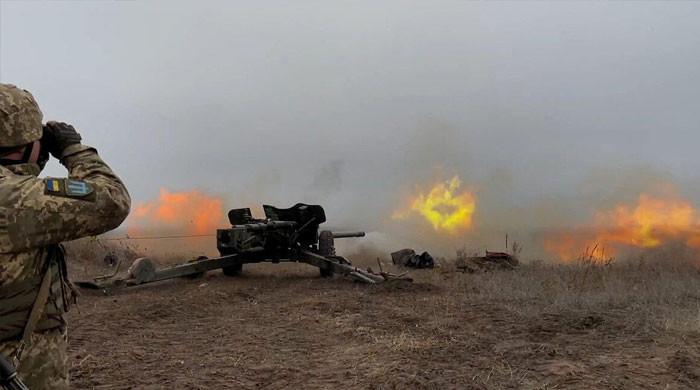Occupied Kashmir before and after Article 370
Here are the significant changes the abolition of Article 370 has brought for residents of occupied Kashmir
August 06, 2019
The revocation of Article 370 of the constitution by the Indian government ended the special autonomy granted to Indian-occupied Kashmir, raising fears of fresh violence in the disputed valley.
Indian Prime Minister Narendra Modi´s Hindu-nationalist party rushed through a presidential decree to scrap the special status for occupied Kashmir. It also moved a bill proposing the occupied valley be divided into two regions directly ruled by New Delhi.
Here are some of the significant changes the abolition of Article 370 brings for the residents of occupied Kashmir:
No more special powers
Article 370 of the Indian Constitution was a 'temporary provision' which granted special autonomous status to occupied Kashmir. Under this article, except for defence, foreign affairs, finance and communications, the Indian Parliament needed the state government's concurrence for applying all other laws. The residents of occupied Kashmir, therefore, lived under a separate set of laws as compared to Indian citizens elsewhere in the country, including those related to citizenship, ownership of property, and fundamental rights. Those special powers are no more.
No dual citizenship
Residents of occupied Kashmir enjoyed dual citizenship, which they lost only if they married people from other states. There will be no dual citizenship from now.
No separate flag
There will no longer be a separate flag for occupied Kashmir.
Buying and selling of land
Before Article 370 was scrapped, only residents of occupied Kashmir could buy and sell properties in the disputed region. After its abolition, any Indian citizen can now buy and sell land in occupied Kashmir.
Right to Information
Earlier, the Right to Information (RTI) Act was not applicable to occupied Kashmir. That has changed.
Reservation for minorities
There can now be reservation for minorities in occupied Kashmir.











